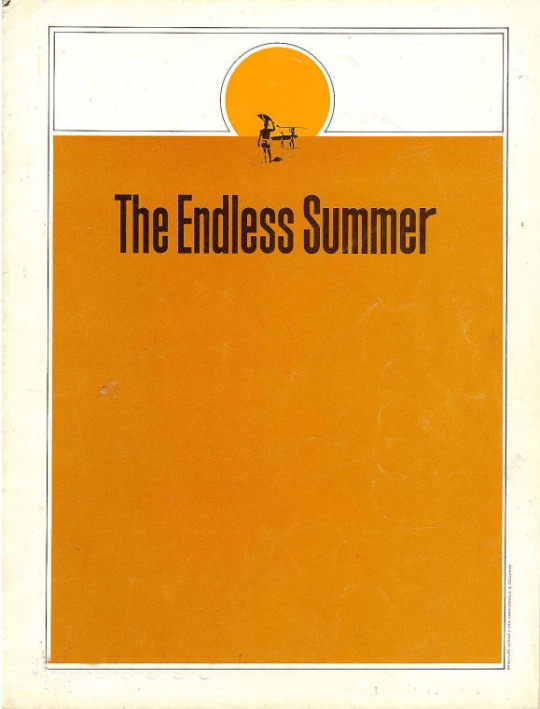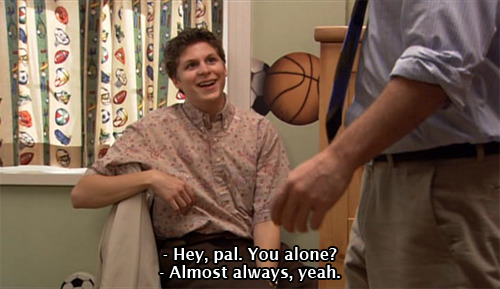Photo

“Pansy movie set reading list: Joan Didion, Trinh T. Minh-ha, Kaja Silverman, Viva, Kiki de Montparnasse, Hannah Arendt” by @pansyco on Instagram http://ift.tt/1R4xYun
58K notes
·
View notes
Text
✍🏼 On the act of re-reading and Christopher Nolan’s Tenet (2020)
I’m a chronic re-reader. I reread the same books copious times, rewatch the same TV shows over-and-over and find solace in exhausting my own Spotify playlists until the songs become unbearable. I know I’m not alone in this practice - there are thousands of other people around the world that share my comfort of revisiting sources of previous enjoyment, but there are also thousands of people that don’t. It’s always fascinated me - how people can enjoy a book, film or TV show without any desire to experience it again, ideally as soon as possible. I’ve subsequently internalised this as a sign that these individuals live fuller, more exciting (better) lives as they’re able to consume a greater amount and a wider variety of cultural content than I ever will. My tendency to reread Twilight - for, let’s say the seventh time - instead of reading a new book that I know I’d enjoy has been something I’ve become ashamed of. Is it an immature and somewhat cowardly cop-out to revisit a source of comfort from the past rather than engaging with the present?
At its core, Christopher Nolan’s latest cinematic masterpiece Tenet (2020) is a film about the act rewatching and re-experiencing, both structurally and conceptually. More specifically, a lot of the film rests on the idea of the protagonists travelling to - or existing in - the past, using technology sent from the future, in order to fix the present. It messes with your mind in all the best ways - don’t say I didn’t warn you. The structure of the film lends itself to comment on the nature of time: rejecting a linear, chronological structure of time and instead alluding to at least two other possible shapes that embody the abstract, meta notion of time.
First, is the illusion to a ‘temporal pincer’ shaped structure (visually resembling an elongated horseshoe shape or alternatively, a hairpin). References to this structure of time are not limited to dialogue alone - instead, a visual reference is seen explicitly in the last part of the film during which a planning meeting for an army drill takes place and a temporal pincer shape is drawn on a whiteboard to convey the operation. In this scene, the protagonist can be heard asking which order the two groups are going to enter the site, to which the commander, Ives, replies that both groups (lines) run simultaneously to each other rather than subsequently, ultimately shattering liner constructs of measuring time. In doing so, Nolan suggests that revisiting the past (or by extension an experience in the past like a book or film) may not be a backwards step but merely a progression in time. In this way, we understand revisiting and experiencing things from the past, not as redundant acts that waste time but instead as signs of time progressing. Tenet embodies the experience of great cinema and the role of film as a medium of storytelling.
True to Nolan’s fascination with ideas of inception, (see: Inception (2010), Tenet itself could be seen to project the experience of watching a film. The audience exists on a different timeline to the film’s narrative and metaphorically ‘catch’ the bullets that are fired the first time around. In watching the film for the first, second, third or fifteenth time, you will start the experience at a different point in time meaning you are going forward but ultimately the nature of rewatching something means you know where you’re going to end up in the future. An aspect of Tenet that draws on a specific interest of Nolan’s is the transformation of scientific concepts depicted through the language of storytelling. The nature of rewatching in itself is paralleled through the scientific concept of inverted entropy, which, in the most basic reduction, is the idea that a system goes from disorder to disorder. In Tenet, the suggestion is that broad systems can go through the process of disorder to order upon the experience of rewatching.
Whilst the scientific aspects of Tenet are largely far beyond my comprehension for obvious reasons, there are other bewildering pieces of the puzzle that raise an infinite number of questions despite seeming simple on the surface. Namely, the character of Kat: devoted mother to a young son and wife of a powerful (corrupt) arms dealer (see: the bad guy). On the first watch, it’s hard to appreciate or understand the role of this character as one of the few female faces in the film. There are some scenes that make you question whether her character’s inclusion is purely veiled misogyny: the idea that men are only capable of making slightly less morally corrupt decisions if they have a beautiful wife by their side, or that a ruthless C.I.A. agent will be immediately thrown off if they so much as a glimpse at a beautiful blonde woman. Yet, after thinking more about Kat’s character I have grown less hostile and more understanding of Nolan’s vision for her as a character burdened with emotional trauma. In relation to Nolan’s toying with time, Kat represents a timeline of autonomy and agency, a dichotomy of an oppressed or empowered woman. The P.T.S.D. that Kat seems to exist with further challenges our understanding of time. Is the trauma something from the past, present or future? Can we ever tell if we have agreed to reject a linear structure for time? Kat appears to be burdened with the emotional trauma of all the characters in the film, whilst they get the privilege of making rational, emotionless decisions; Kat must consider the feelings of not just herself but those around her - like her son - at all times, in turn preparing and recovering from past and future trauma.
An ambiguous mantra of Tenet comes from Kenneth Branagh’s character, declaring at various points that ‘we live in a twilight world’, a phrase that is initially introduced as the code name for the protagonist’s mission at the film’s opening. This statement garners more meaning at the conclusion of the film as the protagonist and Neil reflect on their wider mission with the protagonist finally becoming aware of the temporal world that Nolan creates. Our protagonist has the revelation that the moment is not the end of their time together as it would be on a linear structure but instead is the beginning of his friendship with Neil on a temporal pincer structure whereby time is not so objectively universal. Though this point does mark the end of Neil’s life, the protagonist is only at the beginning of his experience or rather, re-experience. In exploring the end of Neil’s life, who is played superbly by Robert Pattinson, the idea of twilight reemerges. As Pattinson’s connection with the idea of Twilight runs deep (the start of his career being with the Twilight franchise) it becomes an excellent metaphor for the film’s thesis. Etymologically, beyond the definition relating to the natural process of twilight, the noun holds a second definition of ‘a period or state of ambiguity, absurdity or a gradual decline’. This definition could define the film’s plot as a whole - obscure and ambiguous and seeking to stop the impending event of World War III. Moreover, the natural phenomenon of twilight occurs both at the beginning and end of the day, further rejecting a linear temporal structure. Though devastating, emotionally, for the protagonist to find out about his close friend’s imminent death, it is seemingly not the end but also the beginning of their friendship, impossible to define. In the same way, at the point of twilight, it is impossible - and meaningless - to say whether it is the beginning or end.
I started my week feeling annoyed at myself for ‘wasting’ time revisiting books I have already read and films I can already recite every line of, but having experienced the cinematic masterpiece of Tenet, I have been forced to consider whether re-experiencing things is a monotonous extension of the past or whether, as Nolan might argue, the act of re-experiencing things is a radical way of bringing the future to the present.
6 notes
·
View notes
Photo

mmmm.. very nice painting skills!!! well done #agucci ! ❤️😘😍✨💋💍💃🏼🙊 (at Riga, Latvia)
167K notes
·
View notes












